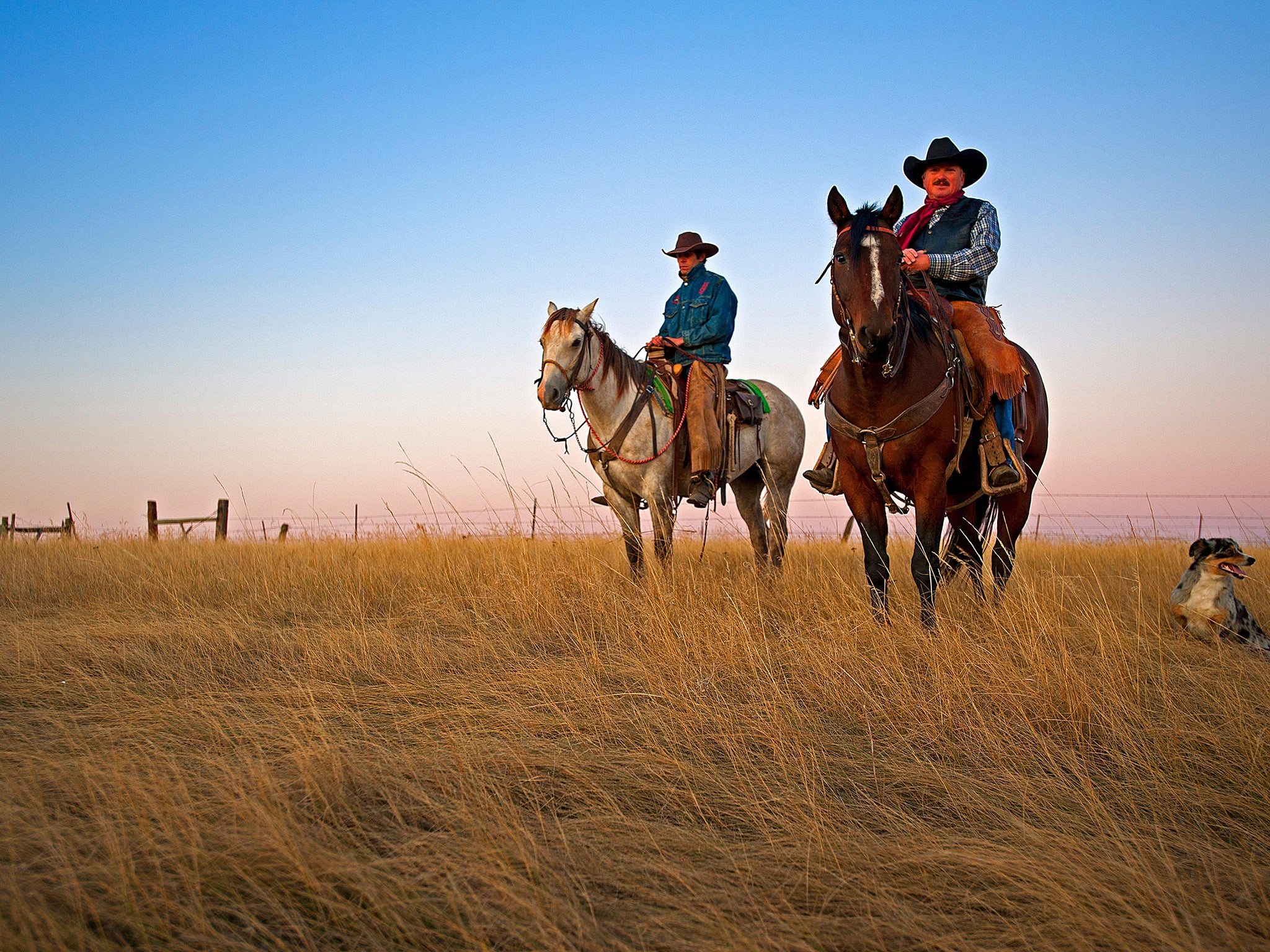Some Luck by Jane Smile, book review: Engrossing first offering of US farm trilogy from Pulitzer Prize-winning writer
It is an easy and engrossing read with the cornfields, the snowstorms and the technological developments of the 20th century vividly evoked

Your support helps us to tell the story
From reproductive rights to climate change to Big Tech, The Independent is on the ground when the story is developing. Whether it's investigating the financials of Elon Musk's pro-Trump PAC or producing our latest documentary, 'The A Word', which shines a light on the American women fighting for reproductive rights, we know how important it is to parse out the facts from the messaging.
At such a critical moment in US history, we need reporters on the ground. Your donation allows us to keep sending journalists to speak to both sides of the story.
The Independent is trusted by Americans across the entire political spectrum. And unlike many other quality news outlets, we choose not to lock Americans out of our reporting and analysis with paywalls. We believe quality journalism should be available to everyone, paid for by those who can afford it.
Your support makes all the difference.‘Some Luck’ is set in the rural farming community of the Midwestern America state of Iowa, the world previously evoked by Jane Smiley so successfully in her 1991 Pulitzer Prize-winning hit A Thousand Acres. It is, likewise, a family epic.
The first in a planned trilogy, it progresses in a year per chapter through the life of Walter Langdon who returns home after serving in the First World War to establish his own farm and wed the blonde beauty Rosanna Vogel.
With a giant family tree spanning the pages immediately after the novel’s dedication, the author and publishers seem aware of the obvious potential for confusion between the many lines emanating from the Langdon-Vogel union which produces six children.
But the children prove very different and so well delineated that is rarely an issue. There is handsome, clever, stubborn Frank who is to prove a hero in the Second World War, whiney, bullied Joe, who follows in his father’s farming footsteps, through more daughters down to the youngest Claire, a true daddy’s girl.
Though Iowa is remote, Smiley’s narrative brings the family glancingly up against world events. The drought and economic hardship of the Great Depression conjured so harshly by John Steinbeck’s The Grapes of Wrath are, indeed, similarly harsh for the Langdons, although her warm empathy is very different from Steinback’s passionate depiction of the plight of the poor.
And as the children venture further afield, it is into the world of the atomic bomb and panic over the Russian Red Menace. But like the first purchase of a car or tractor and the arrival of electricity, the drought and Senator Joseph McCarthy act as signifiers of the passage of time where what really matters – and perhaps this is what really matters in life – is Rosanna and Walter rolling towards the centre of their saggy bed and still finding physical comfort in each other. Smiley writes of the unexpected tendernesses and unacknowledged disappointments of ordinary lives.
The big themes in 20th century American history are threads in her text but it is the children Timmy and Debbie hiding fresh eggs in the sofa for Easter that is heart of this family story. The book often has the air of WH Auden’s poem Musée des Beaux Arts where the disaster seems barely registered and the ship sails on.
If you like thrills and surprises or literary innovation in the mould of an Ali Smith novel or even Martin Amis at his best, then this formally straightforward linear narrative may not be for you. But fans of big-cast family sagas with love and death and the world at large impinging only lightly – but tellingly – on events will love Some Luck.
It is an easy and engrossing read with the cornfields, the snowstorms and the technological developments of the 20th century vividly evoked. And while I was at no point really excited by the story of the Langdons, Smiley makes the reader care for them. That, I suppose, is her quiet brilliance.
Join our commenting forum
Join thought-provoking conversations, follow other Independent readers and see their replies
Comments